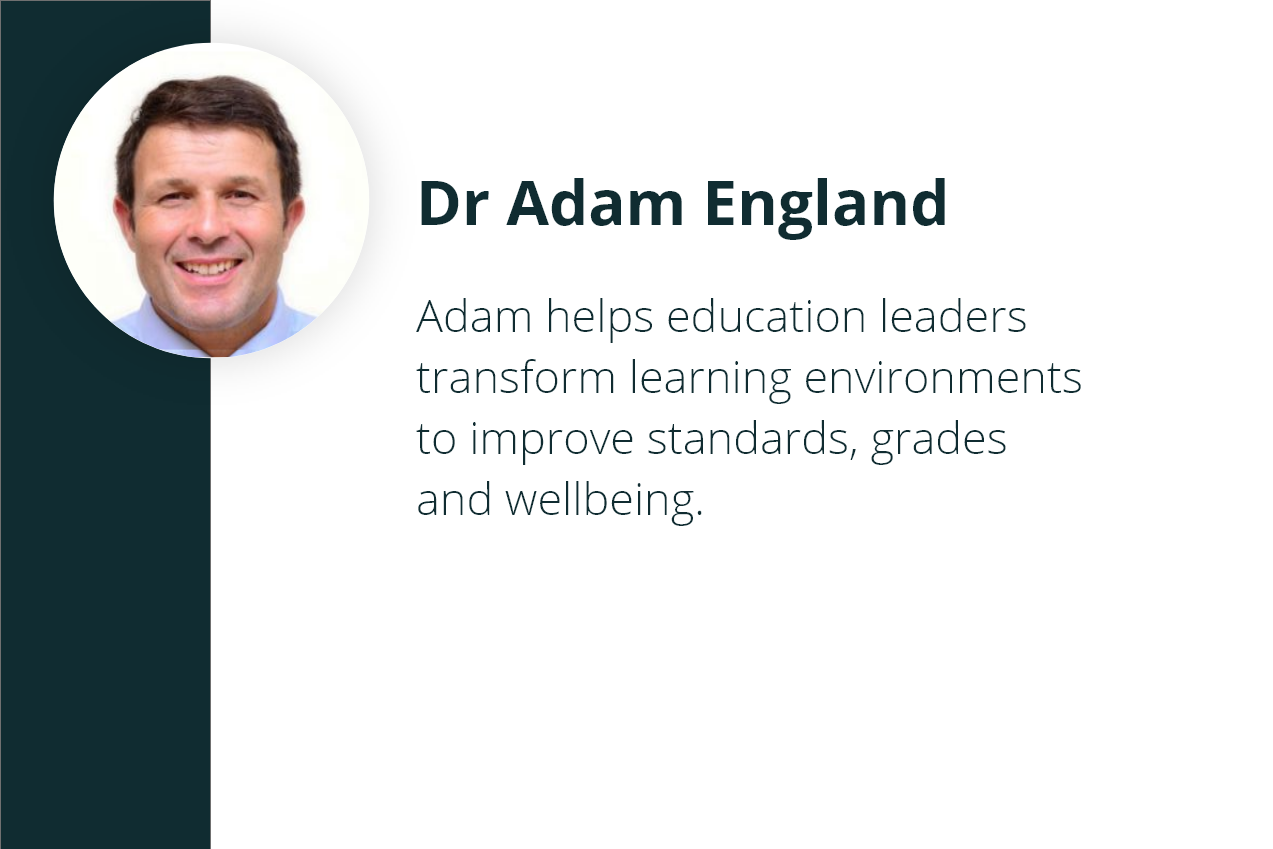Developing Students’ Self-Regulation And Motivation For Time Management

Students’ self-regulation is modelled on what they see around them. Successful schools incorporate various ways of encouraging and motivating their students, with high levels of engagement and ‘can do it’ attitudes. How many of these do your school use?
Leadership – Learning from the best
Schools that have quality leadership – with all senior management modelling best behaviours – learn intrinsically how to succeed in study and social situations both inside and outside of their learning environment.
If you expect great things from your staff and students, their quality of development and performance increases. Ensure they have clear goals to know what is expected from self-regulating their time management; these skills will serve them well after they progress to their next level of education.

Motivation and Study Skills Strategies
Adults know that the best way to complete a piece of work is to simply start somewhere – small steps make a big difference. ‘Just do it’ is an internationally renowned slogan for a reason! Here are our suggestions as to how students can manage their time effectively:
- Where are they studying? – Make sure they are in a quiet place, with comfortable, ergonomic seating and desks so they can concentrate on their work fully.
- What can they hear / see? – Are they looking at notes, diagrams, pictures, videos? Listening to podcasts, music, recordings? Do they prefer to be role playing, using interactive revision quizzes and apps? Encourage them to search out more of what they find easiest.
- What routine have they put in place? – Start small. An hour every day at the same time to begin with, to establish a preferred routine that works. Build up incrementally with a plan that covers all subjects.
- What are they aiming for? – Knowing goals is the key to success. If students do not know where they need to be to get to where they need to go, they will not understand the work they need to put in. Their learning objectives should be made clear at all stages.
- What will they do if they do not understand the work? – Ask for help. Tutors are well placed to explain any intricacies of learning; it is vital students take this step rather than doing nothing and hoping for the best.

Student Notes
Revising is revisiting, not relearning; and different people study in different ways. Some people prefer to take notes and reduce what they have read to the key facts, others rely more on memorising data, and yet more prefer to take tests to understand what they do and do not have a strong awareness of.
Reading comprehension, active listening and revision notes are all useful for learners – look also at mind maps for a more visually description. Revision should be evaluated to make sure everything has been covered. Students that build a strong and organised study and revision timetable with clear aims and goals will have increased motivation and engagement – both of which have been proved to give young learners the best chances of success.





Leave a Reply